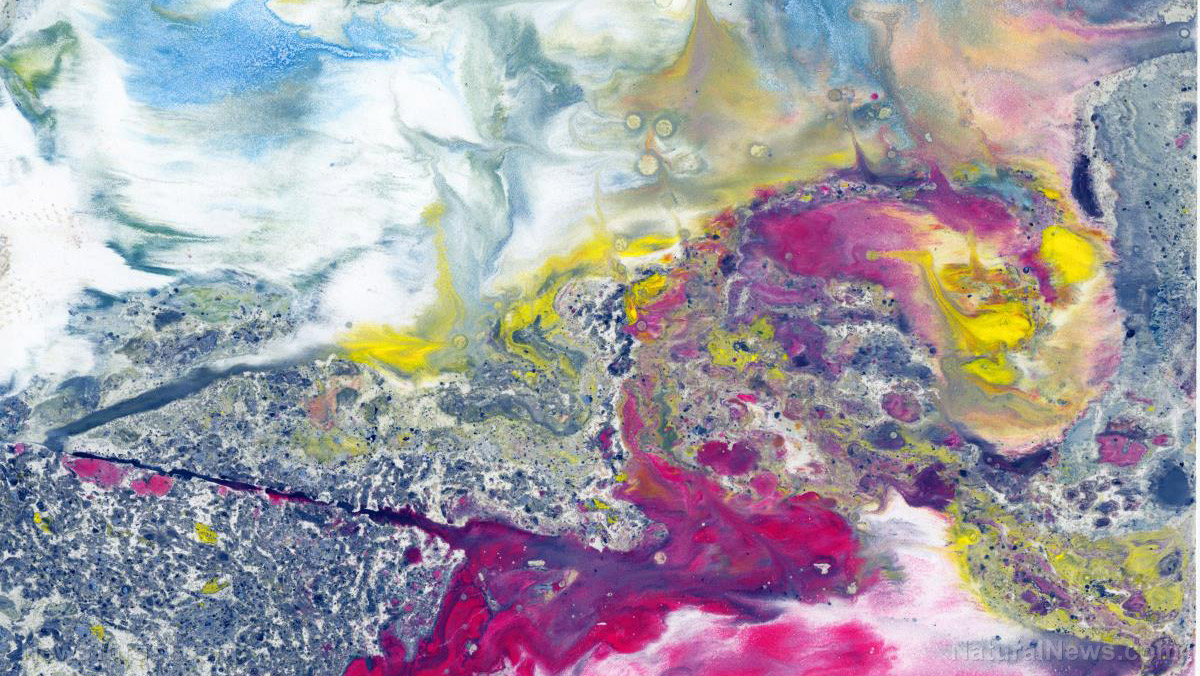
The Food and Drug Administration (FDA) and the mainstream media are insisting that ivermectin is a veterinary drug and that it is dangerous to humans. But alt-media personality Joe Rogan got CNN chief medical correspondent Sanjay Gupta to admit that they're lying.
In his program, "The Joe Rogan Experience," the host noted that mainstream media is lying about him taking horse medication when he used ivermectin as treatment after getting infected with the Wuhan coronavirus (COVID-19).
"It's a lie. It's a lie on a news network and it's a lie that they're conscious of. It's not a mistake. They're unfavorably framing it as veterinary medicine," he said. Rogan then called out some of Gupta's colleagues from CNN for referring to ivermectin as a "livestock drug" before summing up that the description is simply a lie.
Gupta acknowledged that calling ivermectin a "horse dewormer" was not in good taste. "It can be used for humans. I get it," Gupta conceded.
The FDA started the "horse dewormer" fallacy based on the Mississippi State Department of Health's report that said 70 percent of poison control calls were related to ivermectin. The report should have said that 70 percent of ivermectin-related calls, 67 percent (4-of-6) to be more precise, were about the accidental use of ivermectin in livestock. Overall, these cases made up only two percent of all poison control calls.
Nebraska Attorney General Doug Peterson recently issued a legal opinion on the off-label use of ivermectin and hydroxychloroquine for COVID-19. He said that health care providers in the state can legally prescribe these medications for off-label use in treating COVID, provided that they have informed consent from the patient.
The only causes for disciplinary action would be the failure to obtain such consent, deception and prescription of the drug in excessively high doses.
In September, Oklahoma's KFOR News also ran a falsified story about emergency rooms being overrun with patients who overdosed on ivermectin, with other mainstream media networks following suit – declaring ivermectin as a dangerous veterinary drug.
Ivermectin actually has human-grade versions that had been used by 3.7 billion people since the early 1990s. In 2016, the scientists who discovered the drug received the Nobel Prize in medicine. It is also in the World Health Organization's (WHO) list of essential medicines.
In a study of 115 patients with COVID-19 who received a single dose of ivermectin, none of them developed pneumonia or cardiovascular issues, while 11.4 percent of patients in the control group did. Fewer ivermectin patients also developed respiratory distress, fewer required oxygen and fewer ended up in intensive care unit (ICU). Patients treated with ivermectin also tested negative faster – four days instead of the average 15.
FDA starts attack against ivermectin with misleading tweet
In an August tweet, the FDA linked an article warning people against the use of ivermectin, saying: "You are not a horse. You are not a cow. Seriously, y’all. Stop it." (Related: FDA warns against ivermectin to treat covid, but India uses it successfully for health care workers.)
This misleading post seeded the information that was carried across media platforms. It was followed by the Mississippi poison control health alert, which stated that "at least 70 percent of the recent calls have been related to ingestion of livestock or animal formulations of ivermectin purchased at livestock supply centers."
Independent investigative health journalists, Mary Beth Pfeiffer and Linda Bonvie, wrote: "Without question, people should not take drugs made for animals, given issues of dosing and medical oversight, to name just two. That much is clear. But in hopping on the Mississippi bandwagon, the FDA turned ivermectin, which doctors and health ministers in several countries say has saved many from COVID-19, into a drug to be feared, human form or not."
The FDA also tweeted a link that combined the two types of ivermectin. On one hand, the FDA said it received multiple reports of patients who required medical attention after taking the product. On the other hand, it described the effects of taking large amounts of any ivermectin – a long list that included "dizziness, ataxia, seizures, coma and even death."
Medical literature, however, shows that ivermectin is a safe medicine. Peterson called out the FDA and Dr. Anthony Fauci on seeding confusion by issuing contradictory guidance regarding ivermectin without reviewing the available data.
Follow Pandemic.news for more news and information related to the coronavirus pandemic.
Sources include:
Please contact us for more information.





















